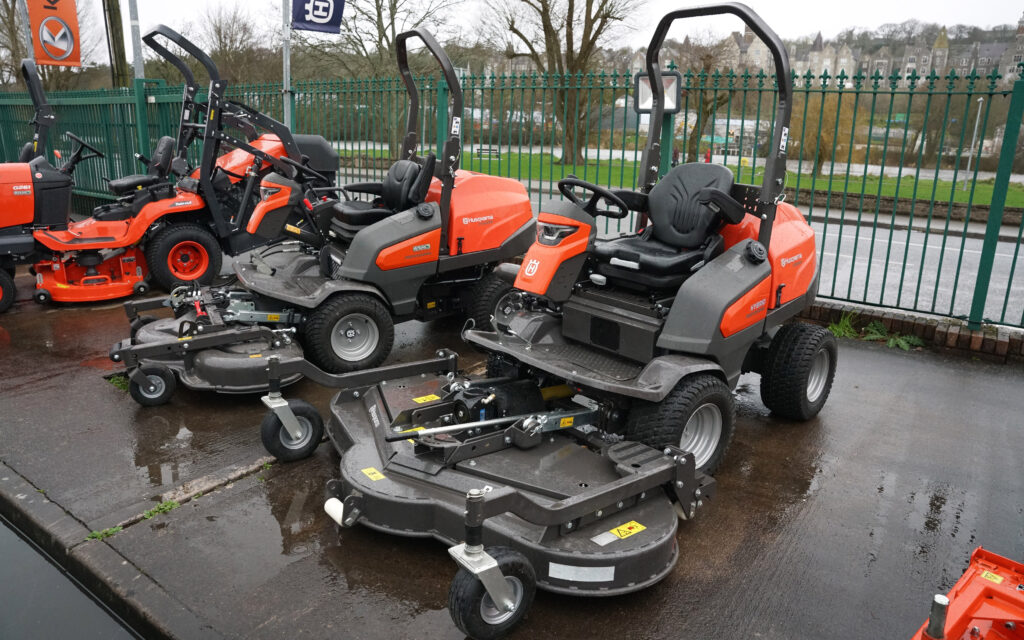Kubota (UK) Ltd. has introduced a new range of auto-steer options for its M-series tractors following an agreement to partner with Topcon Positioning Systems throughout Europe.
This will enable the company to compete with other manufacturers when it comes to satellite dependent guidance systems installed, not only on tractors, but ground machinery as well.
Installation by Kubota
Topcon Positioning Ireland and UK distributor, LH Agro, will supply the auto-steering systems directly through the Kubota dealer network, along with providing warranty, service and support of the auto-steer kits.
Installation will be through Kubota dealers, and will also include access to the complete Topcon range of appropriate products.

The auto-steer kits include Topcon’s AGS-2 receiver and, if necessary, Topcon’s AES-35 motorised steering wheel to replace the tractor’s existing steering wheel.
In addition, customers have a choice of four guidance screens with all kits carrying a 24-month warranty.
Accuracy assured
Depending on the package chosen, customers have the ability to either customise the task control options available, or choose from pre-configured bundles.
When it comes to accuracy, the correction signal can be RTK or PPP (precise point positioning), with the latter offering less accuracy than RTK, but greater pass-to-pass accuracy than other systems such as EGNOS.

In addition, there are lightbar options for RTVs and the ability to equip Kubota compact tractors with guidance systems for expansive lawns and sports pitches.
The agreement enables Kubota to offer its customers an extensive range of guidance options for M-series tractors which are available directly through its dealer network.
Kits are available to suit the steer-ready M7 Premium models, and non-steer ready tractors from across the rest of the M-series.
Working together
The Kubota Corporation, Topcon Corporation and Topcon Positioning Systems Inc., entered into a collaborative research agreement during 2021, with the aim of working together on innovations for future commercialisation.
The companies believe that it is through this mutual research in the field of smart agriculture, with each firm bringing its own technical expertise, that great progress will be made in digital agronomics.
This collaboration includes the collection of agronomic data using various sensor technology; research on crop cultivation solutions utilising big data; fleet management; and automation technology.

